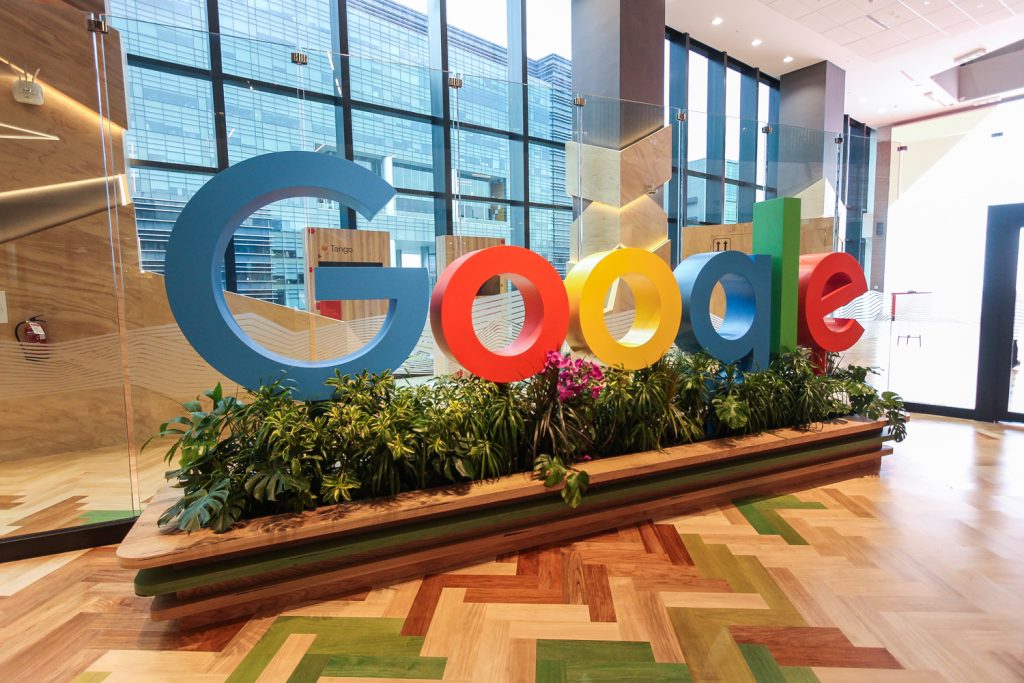Google has started rolling out passkeys which can be used to sign in to its apps and websites instead of passwords.
According to the company, passkeys are the easiest and most secure way to sign in and will now replace the use of passwords, which people often find difficult to remember.
While noting that the change may not come easy for many people, Google said passwords and two-step verification (2SV) will still work for Google Accounts for now. It hinted, however, that by next year when World Password Day is being celebrated, passwords may have been completely phased out.
Google added that Google Workspace accounts administrators will soon have the option to enable passkeys for their end-users during sign-in.
Announcing the rollout of passkeys via a blog post on Wednesday, Google said:
“For some time we and others in the industry have been working on a simpler and safer alternative to passwords. While passwords will be with us for some time to come, they are often frustrating to remember and put you at risk if they end up in the wrong hands.
READ ALSO: New Google policy ‘ll favour banks at expense of fintech coys—Expert
“Last year — alongside FIDO Alliance, Apple, and Microsoft — we announced we would begin work to support passkeys on our platform as an easier and more secure alternative to passwords. And today, ahead of World Password Day, we’ve begun rolling out support for passkeys across Google Accounts on all major platforms. They’ll be an additional option that people can use to sign in, alongside passwords, 2-Step Verification (2SV), etc.
“Today, passkeys for Google Accounts are available. You can try them out here and setting it up is easy. We look forward to helping people and others in the industry take this next leap to make signing in easier and safer with Google.
“So maybe, by next year’s World Password Day, you won’t even need to use your password, much less remember it!”
Passkeys are a new way to sign in to apps and websites. They’re both easier to use and more secure than passwords, so users no longer need to rely on the names of pets, birthdays or the infamous “password123.”
Instead, passkeys let users sign in to apps and sites the same way they unlock their devices: with a fingerprint, a face scan, or a screen lock PIN. And, unlike passwords, passkeys are resistant to online attacks like phishing, making them more secure than things like SMS one-time codes.
The new capability will allow websites and apps to offer consistent, secure, and easy passwordless sign-ins to consumers across devices and platforms. This move is premised on the belief that passwords have been one of the biggest security challenges for consumers.

 Entertainment6 days ago
Entertainment6 days ago
 Entertainment3 days ago
Entertainment3 days ago
 Comments and Issues6 days ago
Comments and Issues6 days ago
 Business7 days ago
Business7 days ago
 Health1 week ago
Health1 week ago
 Comments and Issues6 days ago
Comments and Issues6 days ago
 Editorial Opinion1 week ago
Editorial Opinion1 week ago
 Health5 days ago
Health5 days ago

